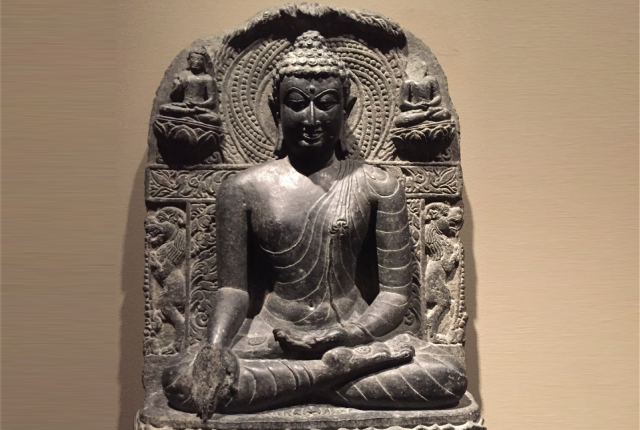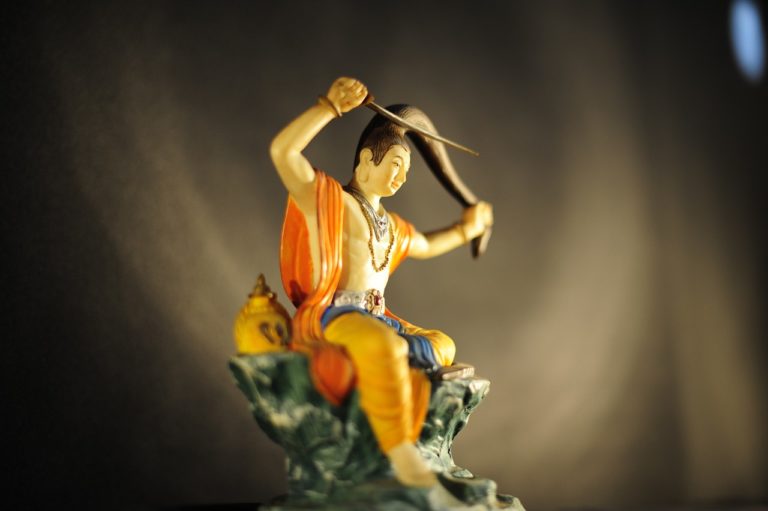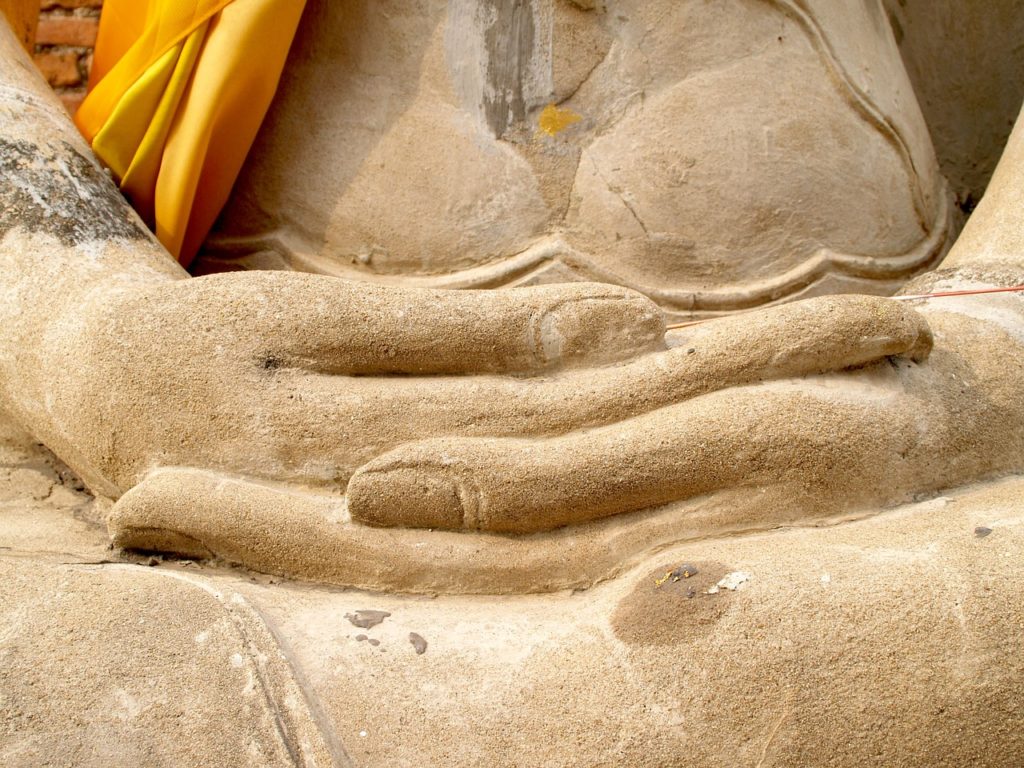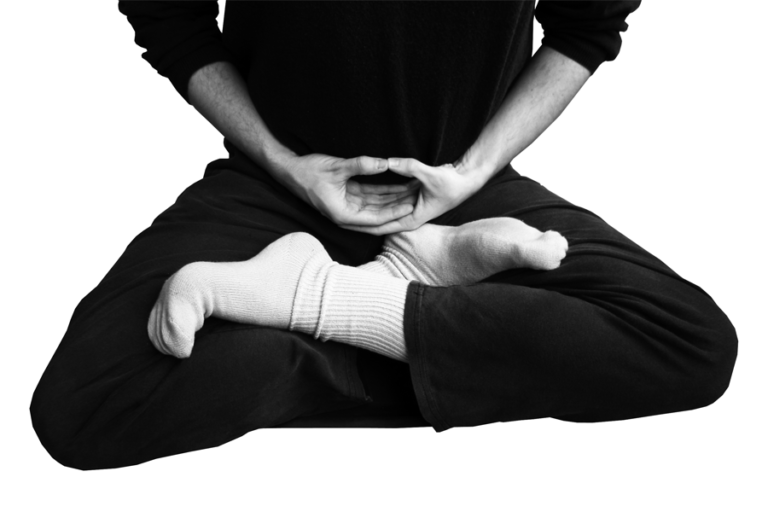
We need to change and transform ourselves continuously: In order to achieve eventual perfection, we need to work on correcting our bad habits.
When a table is broken, it needs to be fixed; when a shirt is torn, it needs to be mended; when the roof is leaking, it needs to be patched; and when a road is wrecked, it needs to be repaired. Similarly, we need to change and transform ourselves continuously. In order to achieve eventual perfection, we need to work on correcting our bad habits.
There is so much to learn that it is impossible to learn it all in a lifetime. So, if we feel too satisfied with ourselves and refuse to reform ourselves or to continue to learn, then we never improve. We are full of bad habits. In speech, we have harsh speech, meaningless speech, duplicity, and lies; and in thoughts we have selfishness, attachments, greed, anger, and jealousy. These are like cancer, for if we fail to find a good doctor and proper treatment, it is like being marooned aboard a sinking ship. Life becomes precarious and helpless! It is only when we are able to reform ourselves and find our own cure that we are able to find hope.
Throughout history there are many examples of people who changed their delinquent ways and errant practices, reforming their lives from being the outlaws of their time to becoming the saints of their era.
During the Buddha’s time, there was a notorious murderer, Angulimalya, who after learning the devious teachings of some heretics killed mercilessly. But after he met the Buddha, who compassionately taught him the right way, he transformed himself completely and eventually became an Arhat who was pure in body and mind.
Nagarjuna is one of the four renowned Buddhist sastra masters in ancient India. Before he learned Buddhism, he lived a life full of sin, spending his days flirting with the ladies of the imperial palace. But upon learning Mahayana Buddhism, he submerged himself completely in the Dharma. He eventually became the patriarch of the eight schools of Buddhism and is now honored as a bodhisattva.
The large bell in the Buddha Hall once protested to the statue of the Buddha, “Why do the devotees all come to worship you but hit me hard instead?” The statue of the Buddha replied, “That is because I withstood the carving and hammering of the chisel and mallet, so I could become a statue for people to worship. But you wail loudly whenever you are struck, so you can only be a big bell!”
Whether we become a statue of the Buddha for people to worship or a big bell that cannot stand to be struck depends on whether or not we are willing to reform ourselves. One sutra says, “Everyone has Buddha Nature; Buddha Nature is intrinsically pure.” Therefore, even if we have erred, as long as we are able to purify our karma and cease to commit further misdeeds, we should review and reform ourselves so that greed can be turned into generosity, anger to compassion, ignorance to wisdom, and jealousy to respect.
In regard to daily life, we should practice “see no evil, hear no evil, speak no evil, and do no evil.” When we can be rid of our bad habits, and subdue and control the six roots––the eyes, ears, nose, tongue, body, and mind––then life will be free of wrongdoing.
From All in a Thought, written by Venerable Master Hsing Yun.
Image from Pixabay.












